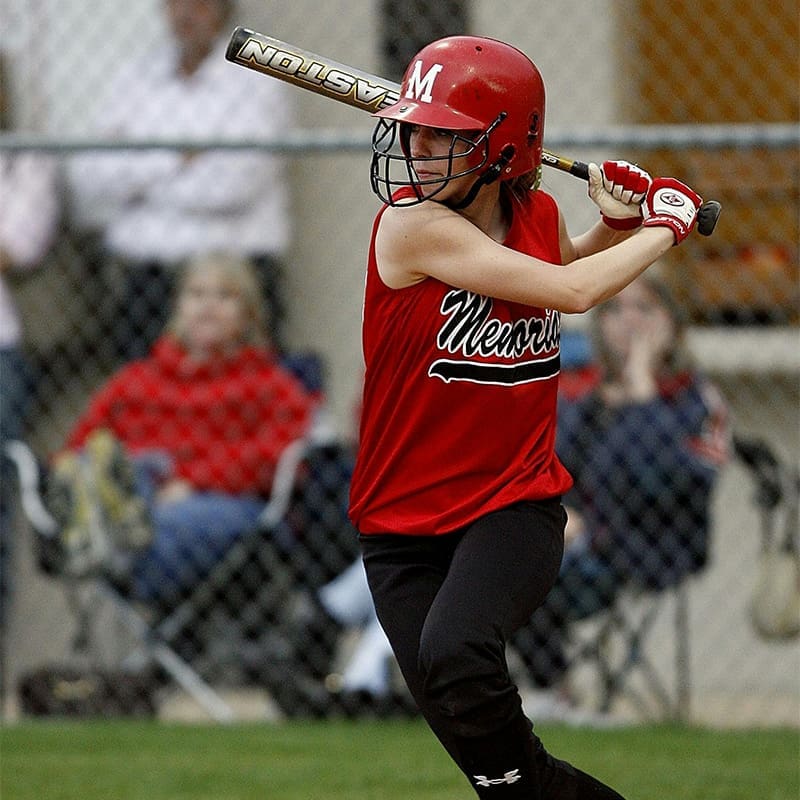The goal of peak performance training is to enhance your brain function to allow you to reach your full potential. Because neurofeedback fine tunes the brain, it can be a proven tool for a student, musician, athlete, entrepreneur, executive, or anyone to achieve optimal performance mentally and physically. Neurofeedback can help a person heighten their focus, attention, creativity, and concentration and increase alertness, reaction time, motor skills, and bodily control.
Neurofeedback training for sports has been well studied and the research shows it can give an athlete a competitive edge.¹ A golfer can have more precision when putting. A tennis player can anticipate the trajectory and distance of a shot better. A student on the track team can have more motivation to train. A baseball player’s bat can make contact with the ball more frequently.

Study participants received only one neurofeedback training session reducing their brains’ frontal midline theta amplitudes. After the neurofeedback training, the golfers improved their score or score stability. ²
In one study, researchers looked at expert golfers’ putting performance.

Another study looked at frontal-midline theta brainwave activity and its effectiveness on working memory and attention in both young and older people. The 32 participants were placed into two groups. The first group received neurofeedback training while the other group received sham-neurofeedback training. The results showed that the neurofeedback training improved the working memory of older participants while younger participants improved their executive function. Performance on attention tests improved for both the younger and older participants.³
You can find studies involving Olympic speed skating teams, competitive rifle shooters, archers, golfers, and gymnasts as well as professional musicians and World Cup Soccer teams where neurofeedback training was utilized to successfully improve their performances, both mentally and physically.
Whatever you want to get better at neurofeedback can bring out the best in you.
You have questions, we have answers!
You have questions, we have answers!
We’ve gathered a list of commonly asked questions for your convenience. If you don’t see the information you need, please don’t hesitate to reach out to us. Simply click on the question that interests you to navigate directly to the relevant section.
Sources: 1. Brito, M. A., Fernandes, J. R., Esteves, N. S., Müller, V. T., Alexandria, D. B., Pérez, D. I., Slimani, M., Brito, C. J., Bragazzi, N. L., & Miarka, B. (2022). The Effect of Neurofeedback on the Reaction Time and Cognitive Performance of Athletes: A Systematic Review and Meta-Analysis. Frontiers in Human Neuroscience, 16. https://doi.org/10.3389/fnhum.2022.868450
2. Chen, T., Wang, K., Chang, W., Kao, C., & Hung, T. (2022). Effects of the function-specific instruction approach to neurofeedback training on frontal midline theta waves and golf putting performance. Psychology of Sport and Exercise, 61, 102211. https://doi.org/10.1016/j.psychsport.2022.102211
3. Wang JR, Hsieh S. Neurofeedback training improves attention and working memory performance. Clin Neurophysiol. 2013 Dec;124(12):2406-20. doi: 10.1016/j.clinph.2013.05.020. Epub 2013 Jul 1. PMID: 23827814. https://pubmed.ncbi.nlm.nih.gov/23827814/
